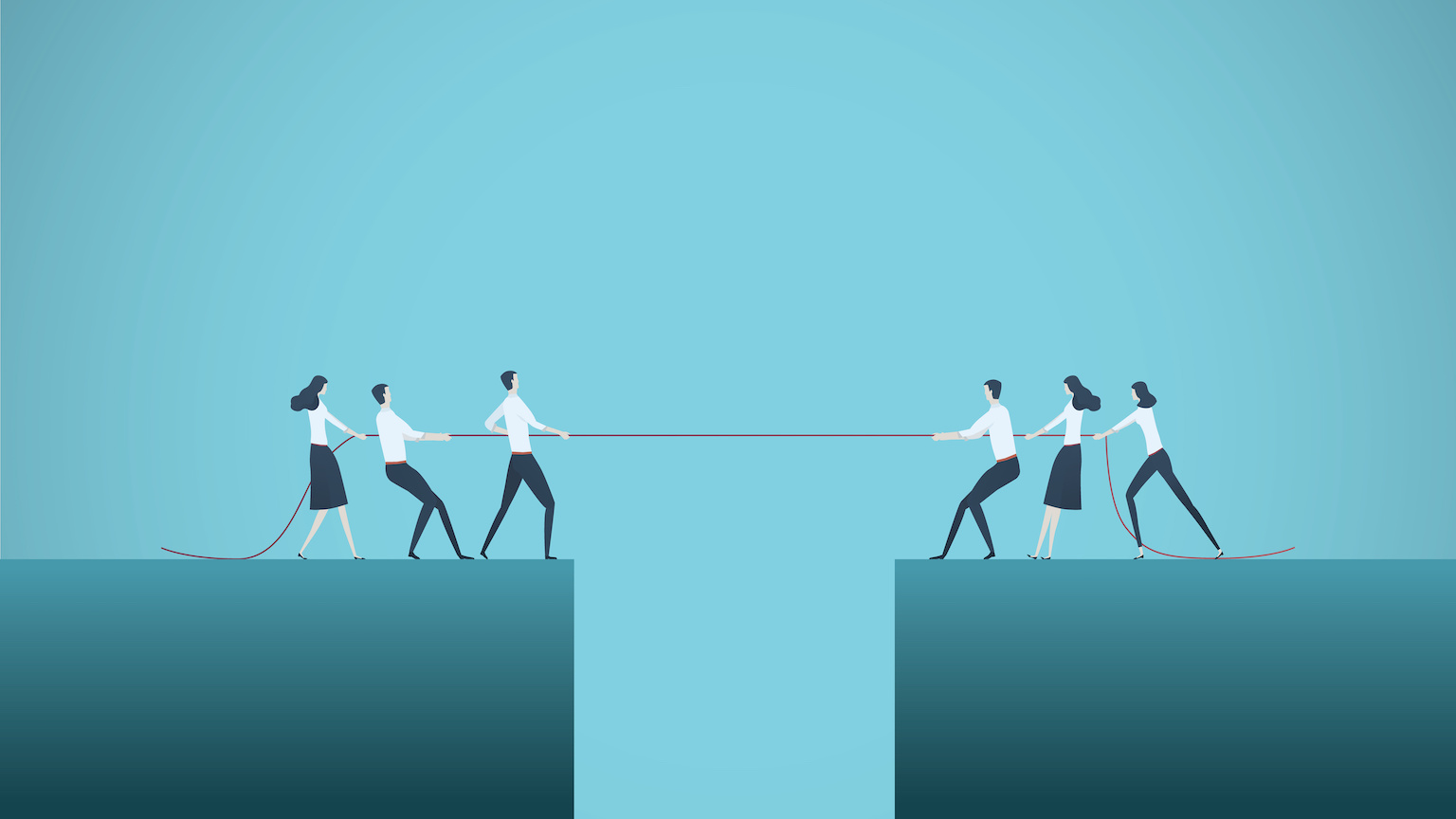Truth Is Good, But Knowing Too Much Truth Is Harmful

The truth is a bitter pill to swallow, they say. Yet much of today’s information economy is built on the premise that knowing more is better. Take the company 23andMe, for example. Created in California in 2006, it’s the world’s first personalized genetic-testing company.
For $100 and a saliva sample, the company will analyze your genetic code and deliver intimate information about your ancestry and genetic predisposition toward certain diseases. What could go wrong by knowing more about yourself? Plenty, according to Jess Whittlestone, a student of behavioural science at the Warwick Business School.

There are costs and benefits to knowing the truth. One son who gave his parents the gift of a genetic test learned he had a half-brother — i.e., one of his parents had been unfaithful. Likewise anyone who knows of or suspects infidelity must tread lightly. Blurting out the truth for truth’s sake is potentially very damaging.
Yet generally, we say we strongly prefer the truth to being deceived, even if deception is pleasant. Whittlestone discusses the so-called Experience Machine, a thought experiment created by a Harvard philosophy professor before The Matrix had everyone pondering the same question.
Candor is something you can’t do without. Candor is authentic truth.



